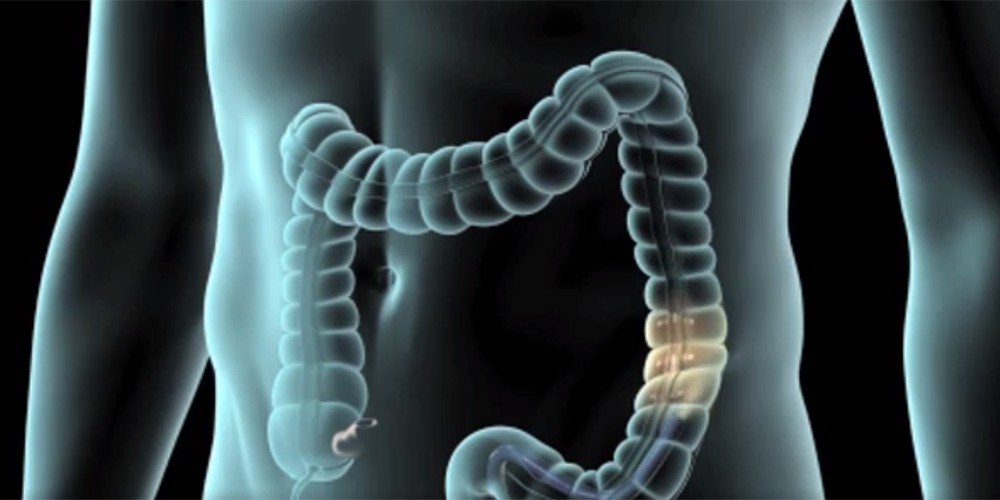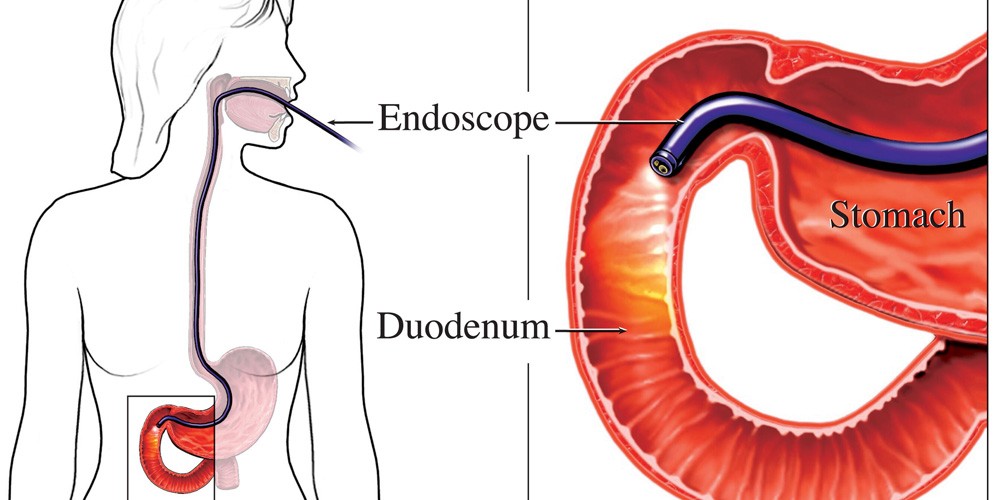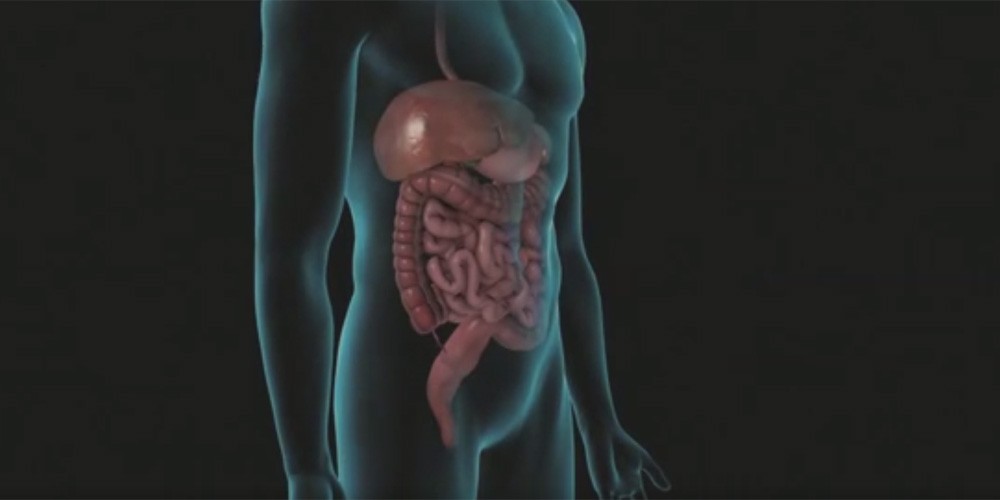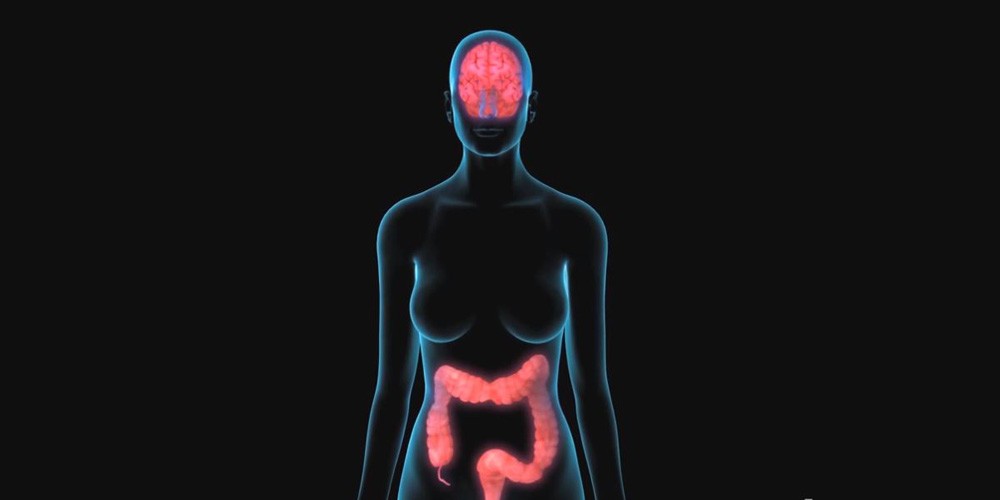Learning that you may need to undergo a medical procedure can be stressful – it is not surprising if patients leave our office forgetting information, or having additional questions for our medical team after a visit.
At Atlantic Medical Group Gastroenterology, having information at your fingertips that you can read anytime, anywhere, is so important. Here, we offer videos, medical descriptions and forms to prepare you for your visit or upcoming procedure.
Videos and Illustrations
Know everything that you need to know related to medical procedures or conditions that we often treat. Watch our informational videos now.
Procedures
Colonoscopy
A colonoscopy is a procedure performed under anesthesia that enables your doctor to examine the inside of your colon (large intestine). The doctor will insert a long, flexible tube (about the width of an index finger) through your anus and into your colon to look for abnormalities. You will be briefly sedated for the procedure and experience little to no discomfort.
Watch our video:
Upper Endoscopy
An endoscopy is performed under anesthesia where your doctor views your esophagus, stomach and duodenum (upper part of the small intestine). The doctor will insert a thin, flexible tube with a camera through your mouth and down your esophagus. Biopsies are routinely taken, and you will be briefly sedated and experience little to no discomfort.
See our illustration:
Frequently Asked Questions About Colonoscopies
-
What is a colonoscopy?
-
A colonoscopy is a procedure performed under anesthesia that enables your doctor to examine the inside of your colon (large intestine). The doctor will insert a long, flexible tube (about the width of an index finger) through your anus and into your colon to look for pre-cancerous polyps or early colon cancer.
-
Will I receive sedation for the exam?
-
Yes, you will receive sedation for the exam. The sedation most commonly used is propofol. An intravenous line will be placed in order to administer the sedation (anesthesia). This is not general anesthesia; however, you will be asleep, have little to no discomfort during the procedure, and have no recollection of the procedure afterward. Because you will be receiving sedation you will need a driver to take you home.
-
Does my insurance cover this procedure?
-
It is the patient’s responsibility to check with their health insurance provider to determine your colorectal cancer screening benefits. Most insurance providers cover colonoscopy for colon cancer screening; however, insurance coverage varies and is dependent on patient age.
-
What do I need to do to prepare for a colonoscopy?
-
Preparation is a critically important part of the exam. If your bowel is not adequately cleaned out before the exam the doctor will not be able to identify and remove polyps, which are pre-cancerous growths. Before the procedure, you will have to take an oral laxative solution (called “a bowel prep” or “preparation”) to clean out your bowel. Specific prep instructions vary, but the prep usually begins 1 to 2 days before your procedure. Please read your prep instructions (given separately) to understand what you should do 1 or 2 days before your colonoscopy.
-
I am menstruating. Can I still have a colonoscopy?
-
Yes, the procedure can still be performed while you have your menstrual cycle. Tampons or pads can be worn if preferred by the patient.
-
If I take medication, are there any risks?
-
In general, most medications do not interfere with this procedure. However, if you are on insulin, your dosage may need to be adjusted, or changed, for the preparation period and the day of the procedure. Also, if you take anti-coagulant or blood-thinning medications, they may have to be discontinued or a “bridge medication” started before the procedure. Ask your prescribing physician about adjusting your medication at least two weeks prior to the start of procedure prep.
-
How many days do I need to take off work?
-
You will need to take off the day of the procedure. Some patients, who work evenings, also take off work the day before the procedure to complete the bowel prep. Most patients are able to return to work the next day.
-
Why do I need to arrive early to the endoscopy unit?
-
It is important to arrive at the time listed in your bowel preparation packet to allow the Endo Unit prepare you for your procedure. This includes the completion of paperwork, changing into a hospital gown, taking your vital signs, placing an IV (intravenous) in your arm, and answering any questions you have about the procedure. Please arrive on time to prevent delays in starting your procedure.
-
Can I drink all the bowel prep the night before my procedure?
-
No. It is important to follow the schedule in your bowel preparation packet. Drinking the last half of the laxative closer to your procedure time will give better results and a cleaner colon for your procedure. If your bowels are not clean, your procedure may get postponed, cancelled, or need to be repeated.
-
How can I tell if my bowels are clean before my procedure?
-
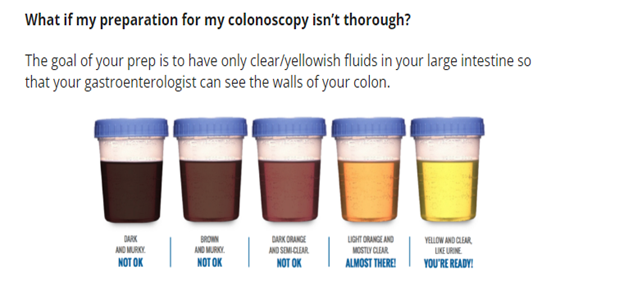
After finishing your bowel prep, your stool should be watery. The color of your stool should also be clear or yellow.
-
Can I eat before my procedure?
-
Please refer to your preparation packet for detailed information.
-
What should I do if my pharmacy hasn’t received the prescription for my bowel prep?
-
Please contact your gastroenterology office for a prescription. Make sure you have your prep ready at least 1 week prior to your procedure so if an instance like this occurs it can be addressed with enough time to prep.
-
Can I eat right after my colonoscopy?
-
Yes, you can eat normally after your procedure. However, our gastroenterologists recommend eating light meals if you feel bloated or are having difficulty passing gas within the first 24 hours post-procedure. Be sure to avoid alcohol during this time.
-
Can I drink alcohol the day before the test?
-
No, alcohol makes you dehydrated because you lose more fluids than you take in. It can also affect how the relaxation medication works. You should drink a lot of clear liquids the day before your test, but not alcohol.
-
Do I need Covid testing before my procedure?
-
Please refer to your procedure packet for the most recent COVID testing instructions.
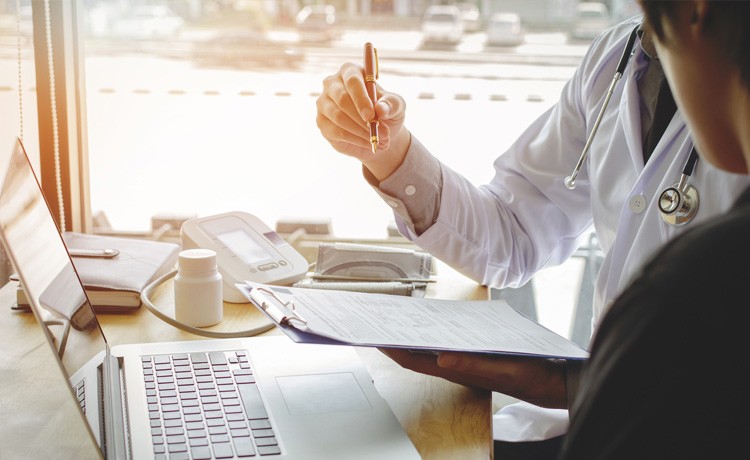
Atlantic Medical Group Gastroenterology Locations
FAX 973-290-7130
FAX 973-290-7130
FAX 908-522-5041

